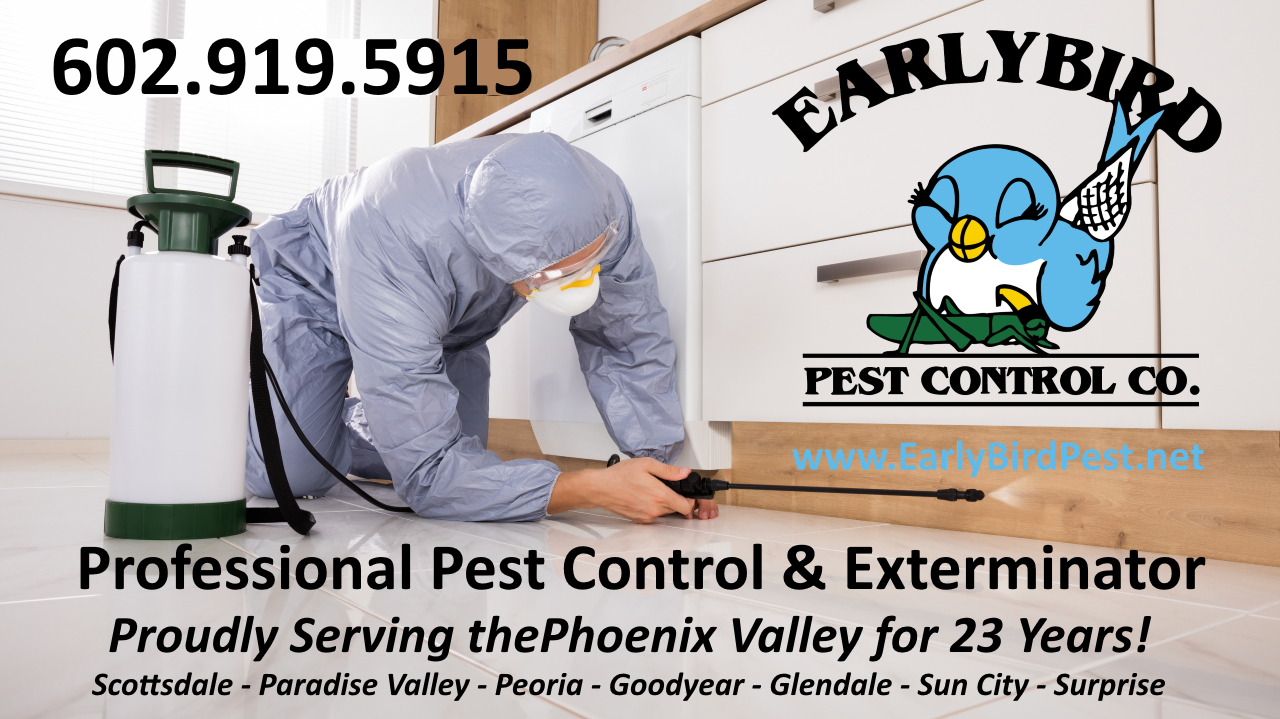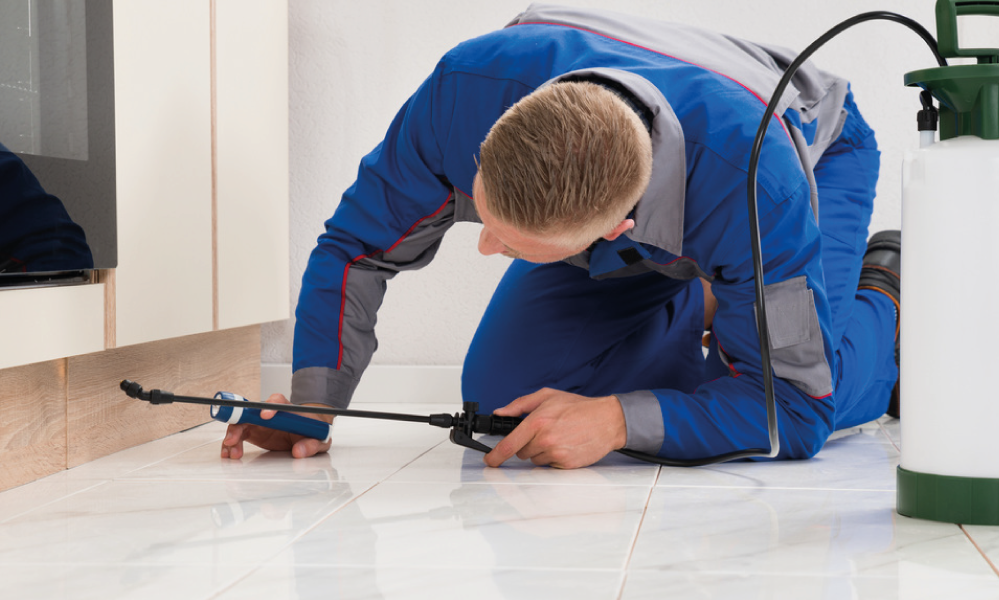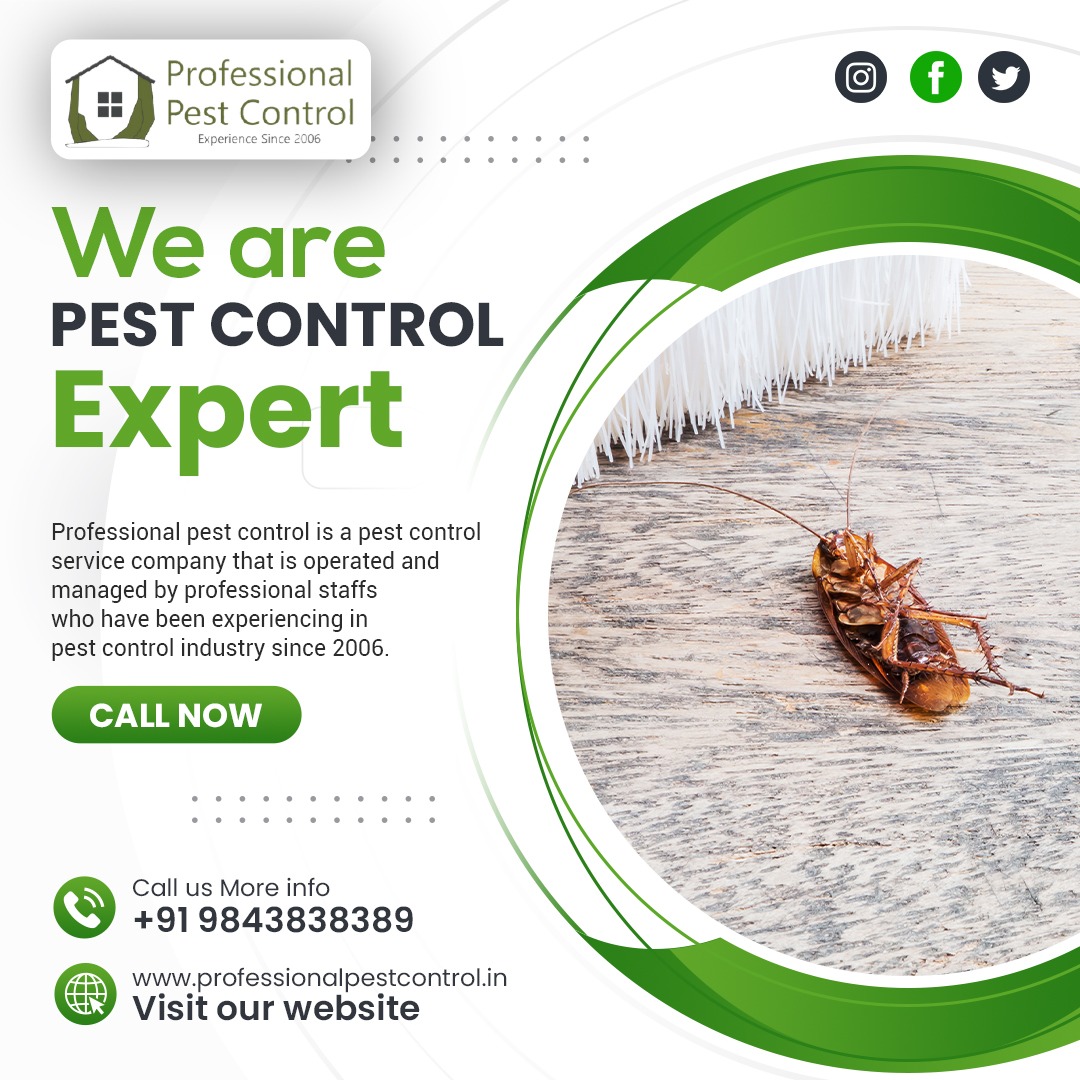Comprehensive Pest Control Clovis Solutions for every single Requirement
Wiki Article
Understanding the Numerous Approaches to Bug Control: A Comprehensive Guide

Natural Bug Control Methods
Using environment-friendly methods such as companion growing and biological parasite control is important for successfully handling insects in agricultural settings. Companion growing entails expanding various crops in proximity to hinder insects, improve nutrient uptake, and enhance total crop health.Organic parasite control entails introducing natural killers or pathogens to control pest populaces. Ladybugs, as an example, feed on aphids, managing their numbers without the demand for chemical pesticides. An additional example is the use of Bacillus thuringiensis (Bt), a germs that targets particular insect parasites while being harmless to human beings, animals, and valuable pests.
These environment-friendly techniques not only minimize the reliance on synthetic pesticides yet likewise aid preserve biodiversity and soil health and wellness. By including all-natural pest control strategies right into farming practices, farmers can accomplish sustainable parasite administration while decreasing adverse influences on the atmosphere.

Chemical Insect Control Solutions
In enhancement to all-natural pest control techniques, the usage of chemical parasite control options plays a significant role in successfully handling pest populaces in farming settings. Chemical bug control services are developed to target details parasites that might trigger comprehensive damage to plants. These services often consist of synthetic chemicals that are developed to remove parasites promptly and efficiently.One of the key benefits of chemical bug control options is their efficiency in regulating parasite problems widespread. Farmers can apply these remedies making use of various techniques such as splashing, airing out, or seed therapy to safeguard their plants from dangerous bugs, weeds, and illness. In addition, chemical bug control remedies are reasonably easy to apply and can supply quick results, assisting farmers protect their yields and reduce economic losses.
Nonetheless, it is important to utilize chemical bug control services judiciously to lessen potential unfavorable influences on the atmosphere, non-target organisms, and human health and wellness. Correct application techniques, adherence to security guidelines, and normal monitoring are critical to guarantee the accountable use of chemical insect control solutions in farming techniques.
Biological Parasite Control Approaches
Organic parasite control comes close to take advantage of natural predators or microorganisms to take care of insect populaces in agricultural settings successfully. This approach supplies a sustainable and environment-friendly service to pest administration, reducing the reliance on artificial chemicals helpful resources and decreasing harm to the environment. One common biological control strategy is the introduction of all-natural adversaries, such as ladybugs or parasitic wasps, to target certain parasites. These killers feed upon the insects, aiding to control their populaces normally - pest control clovis.An additional organic control method involves utilizing pathogens like infections, fungis, or germs to contaminate and eliminate pests. On the whole, biological parasite control methods use a lasting and targeted option to pest monitoring in agriculture.
Integrated Insect Monitoring (IPM)
Integrated Insect Management (IPM) is a comprehensive technique that integrates numerous bug control methods to efficiently handle and lessen pest populaces in agricultural systems. IPM concentrates on long-lasting avoidance of parasites with a mix of organic, cultural, physical, and chemical control approaches. By integrating these different techniques, IPM intends to lower dependence on chemical pesticides, minimize environmental impact, and promote sustainable pest monitoring techniques.
One secret element of IPM is using organic controls such as all-natural killers, bloodsuckers, and virus to regulate insect populaces. This approach harnesses the power of nature to keep an equilibrium between pests and their all-natural opponents without triggering injury to the setting.
In addition, IPM entails check that social practices like crop habitat, cleanliness, and turning adjustment to produce negative conditions for insects and disrupt their life cycles. Physical controls such as traps, mulches, and obstacles are additionally made use of to avoid pest infestations.
Physical and mechanical Insect Control Strategies
Making use of non-chemical techniques, such as physical and mechanical parasite control strategies, is a vital aspect of detailed insect monitoring strategies, building upon the structure of Integrated Insect Administration's alternative approach. Mechanical insect control entails using physical barriers or catches to stop insects from accessing and damaging crops or structures. This technique can consist of methods like setting up displays on windows, making use of more info here row covers in agriculture, or employing sticky traps to capture bugs.Physical insect control approaches, on the various other hand, emphasis on directly removing parasites through physical ways. Making use of warmth treatments to get rid of bed bugs or vacuuming up pests like ants or spiders can be efficient ways to take care of problems without the use of chemicals. By including these mechanical and physical bug control techniques right into an Integrated Insect Monitoring strategy, specialists and people can lower dependence on chemicals while still successfully minimizing and handling pest populaces damage.
Final Thought

In enhancement to all-natural insect control techniques, the use of chemical bug control solutions plays a substantial duty in successfully handling pest populations in agricultural settings.One of the crucial benefits of chemical parasite control options is their effectiveness in controlling parasite problems on a big scale.Integrated Parasite Administration (IPM) is an extensive approach that combines numerous pest control methods to effectively handle and minimize pest populaces in farming systems.Utilizing non-chemical techniques, such as mechanical and physical insect control strategies, is a critical element of thorough pest administration techniques, developing upon the structure of Integrated Insect Management's holistic method. By incorporating these mechanical and physical pest control methods into an Integrated Pest Monitoring plan, individuals and professionals can decrease reliance on pesticides while still properly minimizing and taking care of pest populations damage.
Report this wiki page